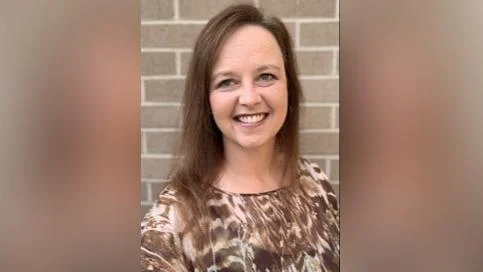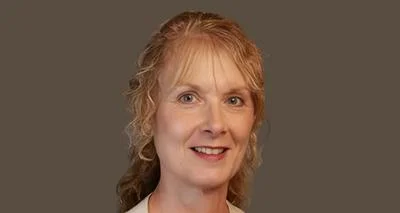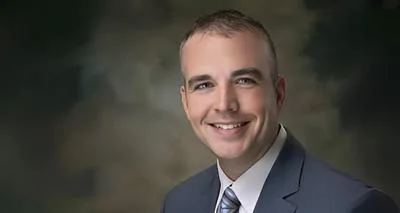Melissa Bradley Assistant Administrator | Ozarks Community Hospital
Melissa Bradley Assistant Administrator | Ozarks Community Hospital
In recognition of PTSD Awareness Month, Jackie Day, a licensed clinical social worker at Ozarks Community Hospital, discusses the broader implications of Post-Traumatic Stress Disorder (PTSD) beyond its common association with military veterans. "Trauma is defined as a psychological and emotional response to a deeply disturbing or distressing event that overwhelms a person’s ability to cope," Day explains. She emphasizes that PTSD can result from experiences such as car accidents, childbirth complications, witnessing violence, abuse, loss of loved ones, or medical trauma.
Day highlights the importance of recognizing various forms of trauma and understanding their impact on individuals. She notes that even events like divorce or job loss can significantly affect someone's mental health. "When explaining trauma, I simply say it can be anything that continues to adversely affect you," she states.
Symptoms of PTSD vary among individuals but often include intrusive thoughts, flashbacks, nightmares, and avoidance behaviors. Day also points out the presence of "manufactured feelings" such as guilt and self-blame that hinder recovery. She mentions differences in how PTSD manifests across demographics: "Statistically, women are more likely to experience PTSD from sexual violence."
Addressing misconceptions about PTSD is crucial for effective treatment. Stigma often prevents people from seeking help due to feelings of hopelessness or fear of re-traumatization. Day stresses the importance of discussing trauma: "Talking about it might make someone feel more anxious at first, but it actually helps reduce symptoms like nightmares and flashbacks."
PTSD can also occur in unexpected contexts such as chronic illness or healthcare settings where workers face burnout and compassion fatigue. According to Day, anyone can be affected by deeply traumatic experiences.
For diagnosis and tracking progress in managing PTSD symptoms, Day uses evidence-based tools including DSM-5 criteria and Cognitive Processing Therapy checklists. Despite being considered a chronic condition without a cure, she believes healing is possible: "With support...they can move forward."
Help is available for those struggling with trauma or PTSD through resources like Ozarks Community Hospital's mental health services.






 Alerts Sign-up
Alerts Sign-up